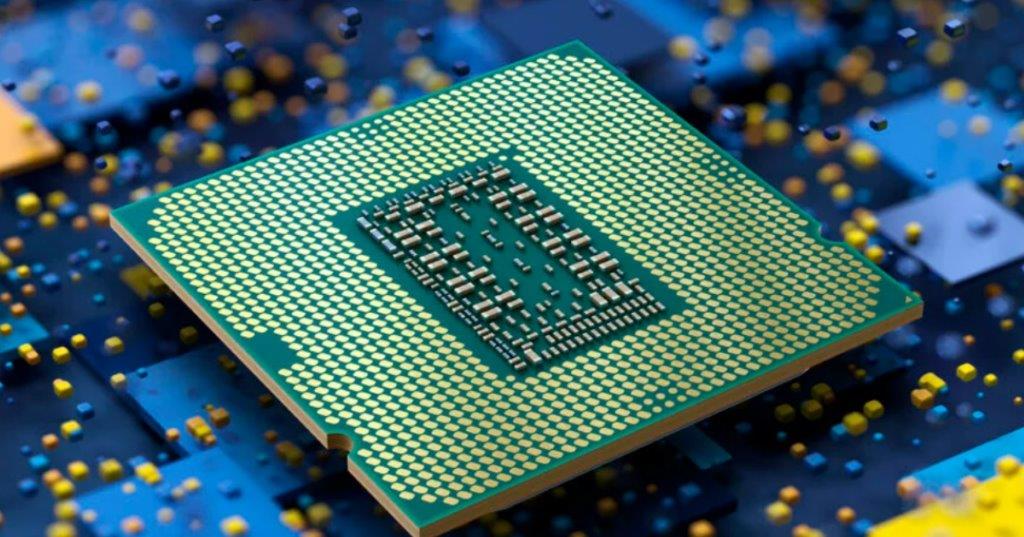CPU Buying Guide: How to Choose Your Ultimate CPU in 2026?

Introduction: CPU Buying Guide
CPU Buying Guide. The CPU continues to be a vital component in the ever-changing world of technology, inducing the efficiency and performance of modern computing gadgets. Frequently called the “engine” or “core” of a computer, the CPU plays a role that goes beyond simple operation, impacting system capabilities and user experience. It can be difficult to choose the ideal CPU because there is such a wide range of alternatives available.
Table of Contents
ToggleThe goal of this post is to simplify the complex world of CPU selection by providing practical guidance and knowledgeable insights to help readers make well-informed decisions. Regardless of your needs be they professional content creators, intense gamers, or just someone looking to improve their system our in-depth guide is designed to help you choose the best CPU to meet your needs.
1. Knowing the Fundamentals of CPUs
Before diving into the choosing process, it’s critical to understand a few basic CPU ideas. These include being aware of the importance of cores, clock speed, cache capacity, and CPU architecture. Gaining a greater comprehension of these fundamentals will enable you to select a CPU with knowledge.
2. CPU Compatibility with Socket
Among the most important things to consider when selecting a motherboard is making sure your CPU and compatible motherboards. Selecting a CPU that fits the motherboard socket is essential for seamless integration because different CPUs require different kinds of sockets. Additionally, planning forward for future upgrade paths might extend the life of your system.
3. CPUs from AMD vs Intel
Two significant players dominate the market: AMD and Intel. Both provide a large selection of CPUs to suit different demands and price ranges. You can determine which brand best suits your needs by comparing features, performance standards, and pricing points.
4. Assessing Your Requirements
CPU Buying Guide. Ascertain your particular needs and usage conditions before the CPU starts the selection process. It’s important to match your CPU selection to your desired use case, whether you’re developing a dominant force in content creation, a gaming machine, or a productivity workstation.
5. Considering the Budget
There is a wide range of prices for CPUs, from entry-level devices targeted at hobbyists to high-end machines. Finding the most value for your money requires evaluating your budget and striking a balance between it and your intended performance level.
6. Cooling Remedies
It takes an effective cooling system to ensure the stability and lifetime of your CPU. You can select the best cooling solution for your CPU by being aware of the distinctions between systems that use liquid and air cooling, in addition to components like Thermal Design Power (TDP).
7. Prospective-Looking
It is wise to future-proof your system as much as possible in the continually changing world of technology. You may increase the lifespan of your CPU and system by taking into account aspects like compatibility with future technologies and possible upgrade paths.
8. Reviews and Suggestions from Users
Compiling information from user evaluations and suggestions can offer priceless advice when choosing a CPU. Sites like reputable review sites, tech groups, and internet forums provide personal accounts and commentary from other enthusiasts.
9. Comparison of 2024's Best CPUs
Let’s evaluate some of the best CPUs that will be on the market in 2024, emphasizing their salient characteristics, performance standards, and overall value offered to help you with your decision-making.
In summary
CPU Buying Guide. A crucial first step in creating a computer that fulfills your requirements and expectations is choosing the appropriate CPU. You can guarantee a smooth and satisfying computing experience that meets your needs by taking into account variables like compatibility, performance, affordability, and future-proofing capabilities.
FAQs
It’s important to consider aspects like cost, performance, platform compatibility, and potential upgrade routes.
While overclocking might increase performance, it can also break warranties and necessitate the use of additional cooling technologies. Before overclocking, take your needs and tastes into account.
The ideal number of cores varies depending on the applications you plan to use and your particular use case. While productivity and content creation jobs may benefit from higher core counts, gaming often benefits from higher single-core performance.
Cache size affects how quickly the CPU can retrieve commonly used data. Performance can be enhanced with larger cache sizes, particularly for operations involving substantial data dependencies.
Consider the purposes of your computer while choosing the optimal CPU for you. Are you surfing, working, or playing games? You’ll find a suitable fit if you match the strength of your CPU to your tasks.



Thank you for your sharing. I am worried that I lack creative ideas. It is your article that makes me full of hope. Thank you. But, I have a question, can you help me?
Can you be more specific about the content of your article? After reading it, I still have some doubts. Hope you can help me.